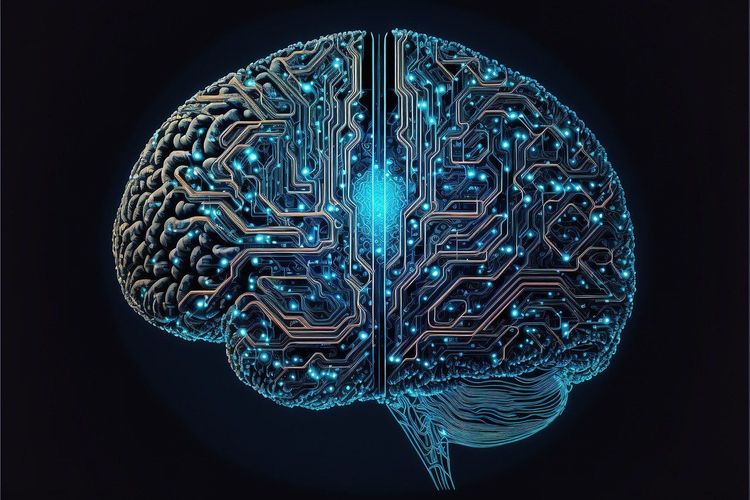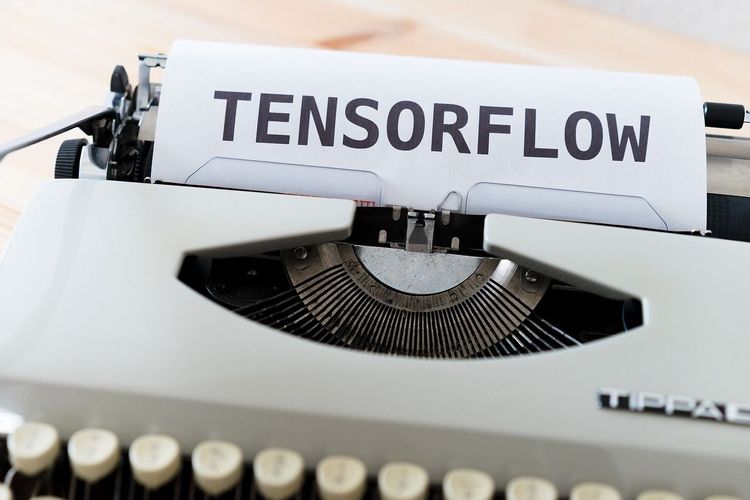OpenAI has introduced “Swarm,” an experimental framework aimed at coordinating networks of AI agents. This surprising announcement has sparked considerable discussion among industry leaders and AI ethicists about the future of enterprise automation, despite OpenAI clarifying that Swarm is not an official product.
Swarm offers developers a foundational blueprint for constructing interconnected AI networks capable of communication, collaboration, and autonomous problem-solving. While multi-agent systems are not new, Swarm makes these technologies more accessible to a wider range of developers.
The Next Frontier in Enterprise AI: Multi-Agent Systems and Their Impact
The business applications of this framework are vast. Companies utilizing Swarm-inspired technology could develop specialized AI agents for various departments. These agents could collaborate to analyze market trends, optimize marketing strategies, identify sales leads, and enhance customer support—with minimal human intervention.
This level of automation has the potential to transform business operations. AI agents could assume tasks currently requiring human oversight, boosting efficiency and allowing employees to concentrate on strategic initiatives. However, this transition raises important discussions about the evolving nature of work and the necessity of human decision-making in increasingly automated environments.
Navigating the Ethical Landscape: Security, Bias, and Job Displacement
Swarm’s introduction has reignited debates over the ethical implications of advanced AI systems. Security experts emphasize the necessity for robust safeguards to prevent misuse and malfunctions in networks of autonomous agents. Concerns regarding bias and fairness are prominent, as decisions made by these AI networks may significantly affect individuals and society.
The possibility of job displacement adds another layer of complexity. While technologies like Swarm could spawn new job categories, there is fear that they might also expedite white-collar automation at an alarming rate. This tension underscores the need for businesses and policymakers to consider the broader societal impacts of AI implementation.
Some developers are already exploring Swarm’s potential. For instance, the open-source project "OpenAI Agent Swarm Project: Hierarchical Autonomous Agent Swarms (HOS)" showcases a possible framework with a hierarchy of AI agents assigned distinct roles and responsibilities. This early experiment highlights the challenges of establishing effective governance structures for AI systems.
From Experiment to Enterprise: The Future of AI Collaboration
OpenAI has clarified the limitations of Swarm. Shyamal Anadkat, a researcher at the company, expressed on Twitter, “Swarm is not an official OpenAI product. Think of it more like a cookbook. It’s experimental code for building simple agents. It’s not meant for production and won’t be maintained by us.”
This caution tempers expectations and reminds us that multi-agent AI development is still in its nascent stages. However, it does not undermine Swarm’s importance as a conceptual framework. By providing a concrete example of how multi-agent systems could be structured, OpenAI has equipped developers and businesses with a clearer vision of future AI ecosystems.
For decision-makers, Swarm serves as a prompt for innovative thinking. Though not ready for immediate use, it signals the evolution of AI technology. Companies that begin to explore these concepts now—evaluating both their potential advantages and challenges—are likely to be better prepared as the technology advances.
Moreover, Swarm underscores the necessity for interdisciplinary collaboration in navigating the complexities of advanced AI. Technologists, ethicists, policymakers, and business leaders must unite to ensure the development of multi-agent AI systems aligns with societal values and needs.
The dialogue surrounding AI will increasingly revolve around these interconnected systems. Swarm provides a valuable glimpse into the questions and challenges facing businesses and society in the coming years.
The tech community is watching closely as developers build on the ideas presented in Swarm and as OpenAI and other leading AI companies continue to influence the future of this transformative technology.







